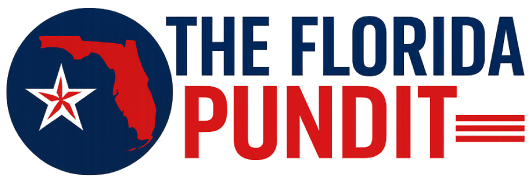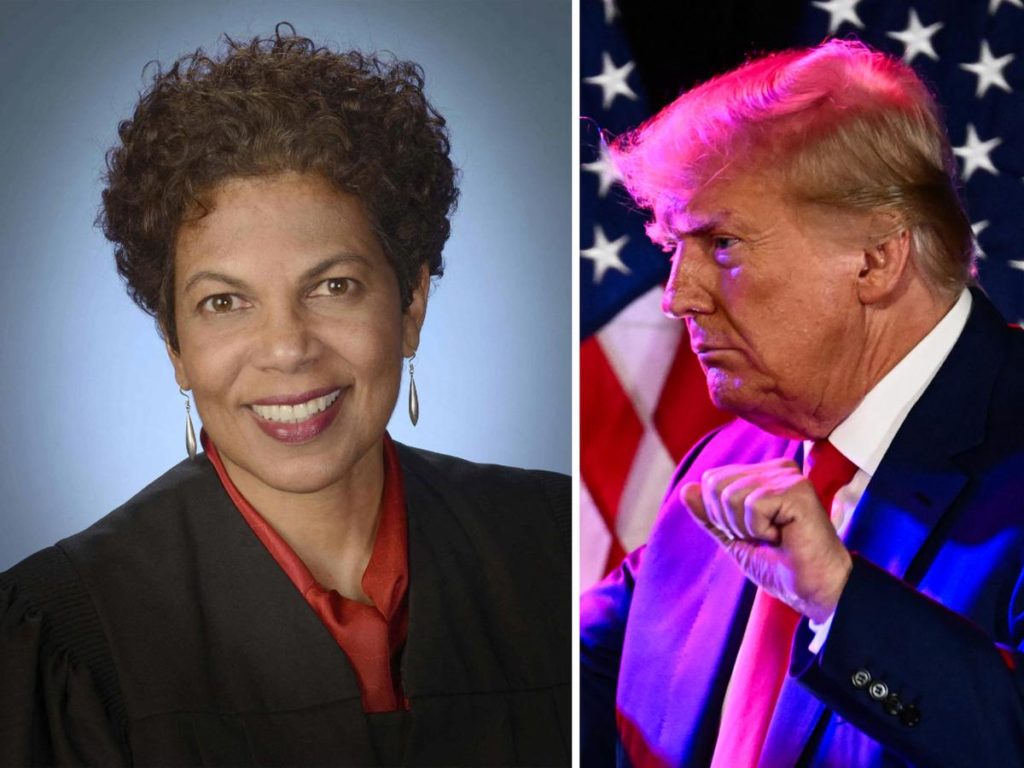A federal judge on Friday rejected the protective order proposed by the government in connection with the indictment of former President Donald Trump on January 6 and instead sought to find a compromise regarding communication restrictions in the case.
At the beginning of the hearing, United States District Judge Tanya Chutkan stated that she is prepared to rule immediately on some of the defense’s proposed revisions and will issue a protective order “as quickly as possible” following the hearing.
Lawyers for the government and Trump’s team debated the scope of a protective order governing evidence that prosecutors say proves Trump conspired to overturn the 2020 election, disrupt Congress, and interfere with the right of people to have their vote counted.
In its request for a protective order, the team of special counsel Jack Smith cited a post on Trump’s Truth Social platform in which he threatened to “go after” those who “go after” him. Prosecutors speculated that Trump might attempt to divulge grand jury secrets, which could have “chilling effects on witnesses.”
In a “close” decision, Chutkan stated that she was unconvinced that the government had demonstrated that all information gathered in the case would be covered by the protective order, ruling against Smith’s team. She determined that only “sensitive” information should be protected.
Contrary to Trump’s request, she expanded the definition of “sensitive” discovery materials to include all recordings, transcripts, and reports of witness testimony.
Although Chutkan, an Obama appointee, was amenable to some of the modifications to the protective order requested by Trump’s legal team, she noted that Trump did not enjoy absolute free speech protections.
“The defendant has a right to free speech, but that right is not absolute,” Chutkan stated at the outset of the hearing. Without a protective order, a party may divulge the information to the jury pool.
In the room with Trump were attorneys Todd Blanche, John Lauro, and Greg Singer. Molly Gaston and Thomas Windom from the office of the special counsel were present in the room on Friday, with Windom doing the majority of the talking.
Lauro repeatedly referred to the “enormous burden” his client faced with multiple ongoing cases, including a separate federal case involving his alleged mishandling of classified documents, a criminal case in New York, and an impending indictment in Georgia.
Windom vehemently opposed the notion that Trump should be permitted to review the case-specific materials alone, citing Trump’s “tendency” to hoard evidence.
“When the defendant is alone with the sensitive materials, he may choose to photocopy or otherwise reproduce them, or photograph them… “He has demonstrated a propensity to hoard items he knows he shouldn’t have,” Windom said.
Lauro stated that the “bottom line” is to have a system for Trump to review materials that do not overextend the defense.
“In my four decades of practice, I’ve never encountered a white-collar case in which counsel had to literally babysit a client to ensure they didn’t violate a protective order,” Lauro said.
However, Chutkan stated that Lauro’s argument was invalid because Trump had already consented to a provision of a protective order in the Florida case allowing his attorneys to be present in the courtroom.
In the end, the judge compromised by allowing Trump to review the materials on his own, with the proviso that Trump’s counsel must review any notes he takes to ensure that no identifying information is retained.
Trump will be prohibited from using electronic devices while reviewing the documents.

